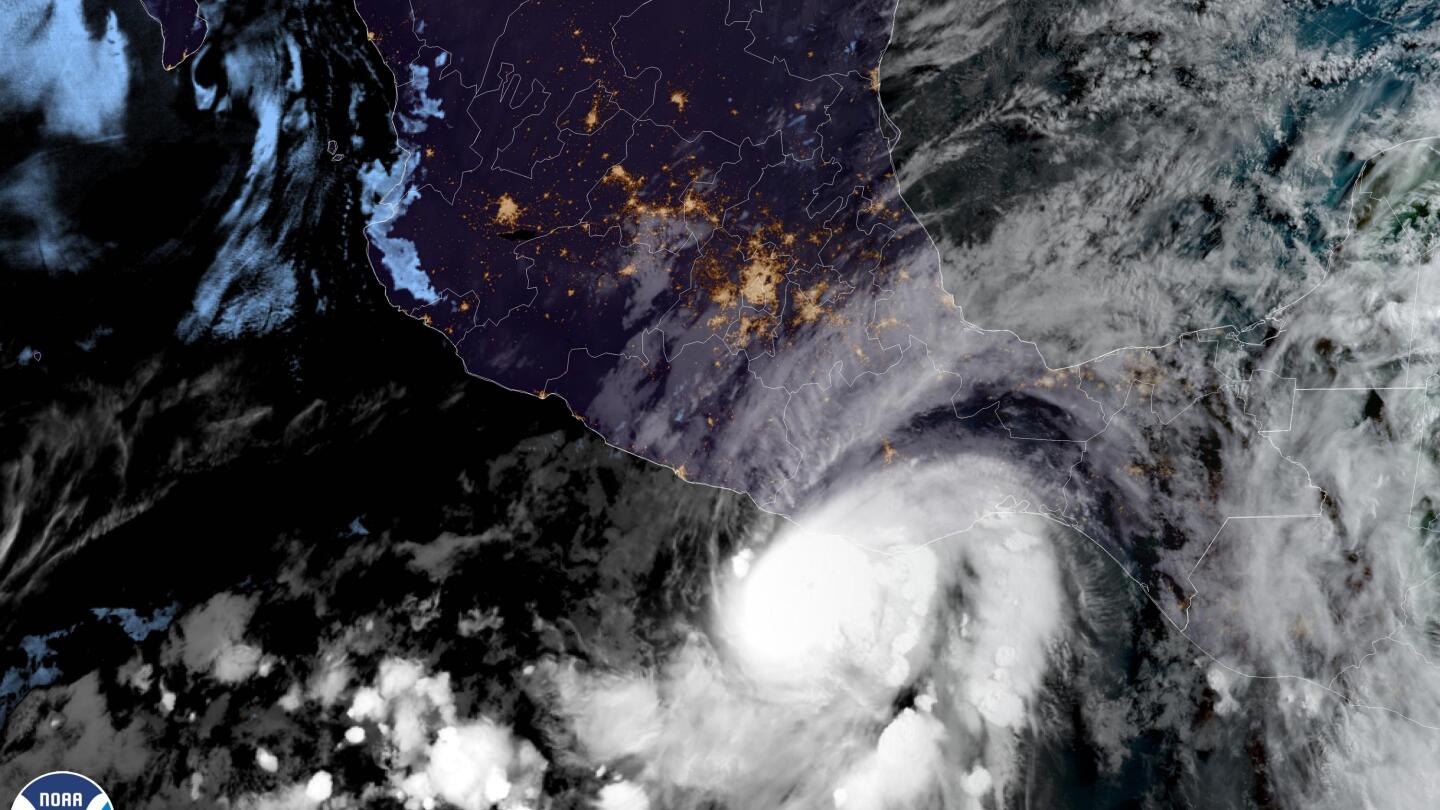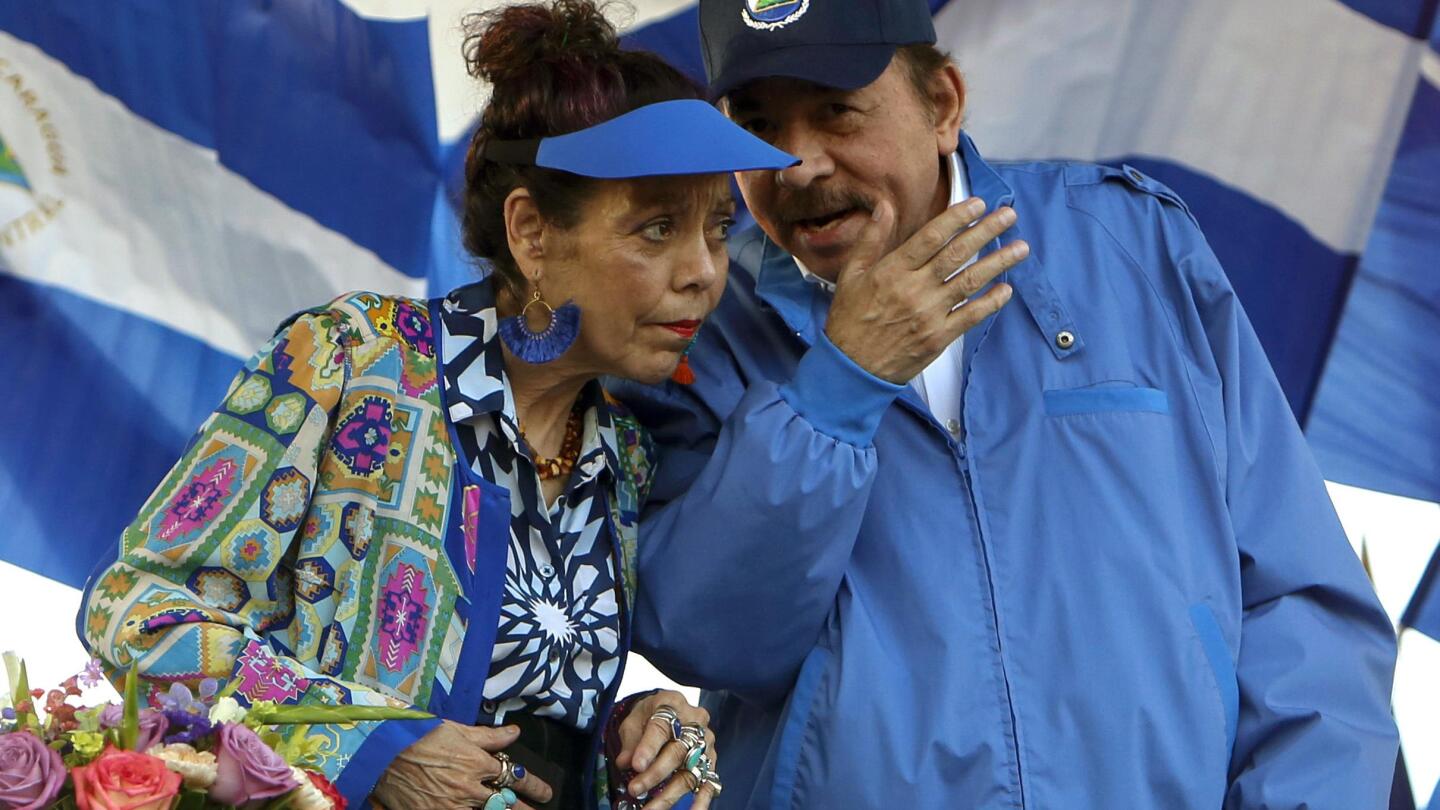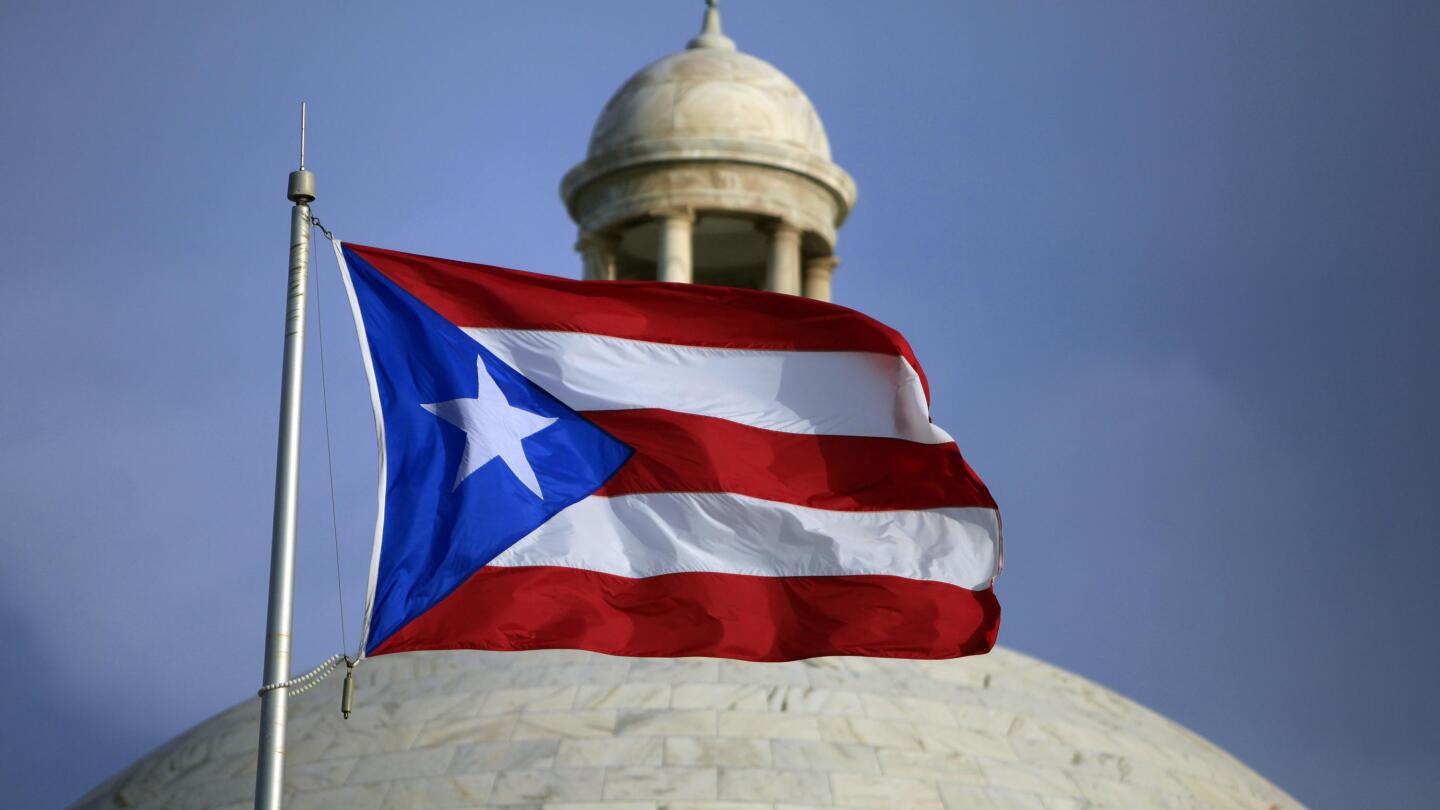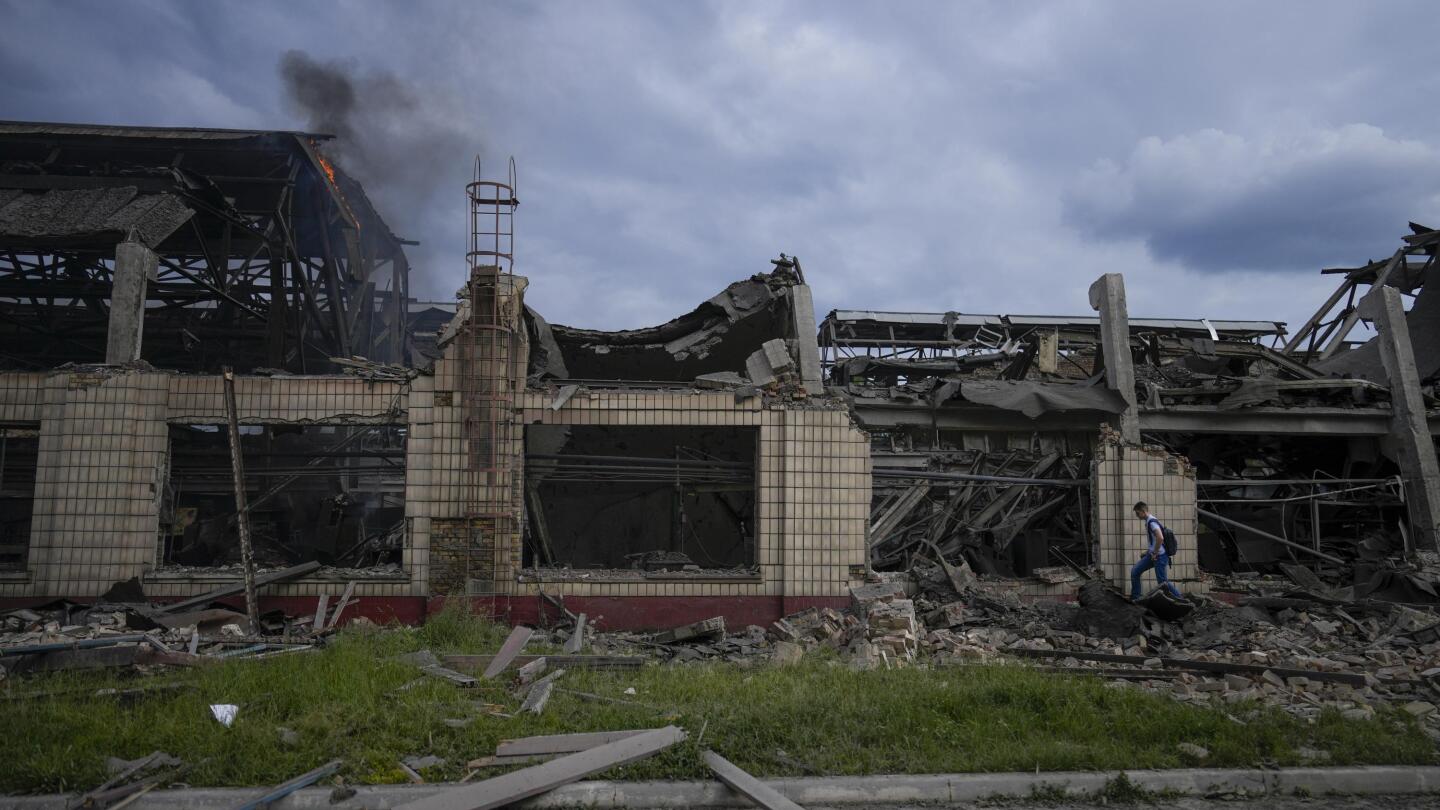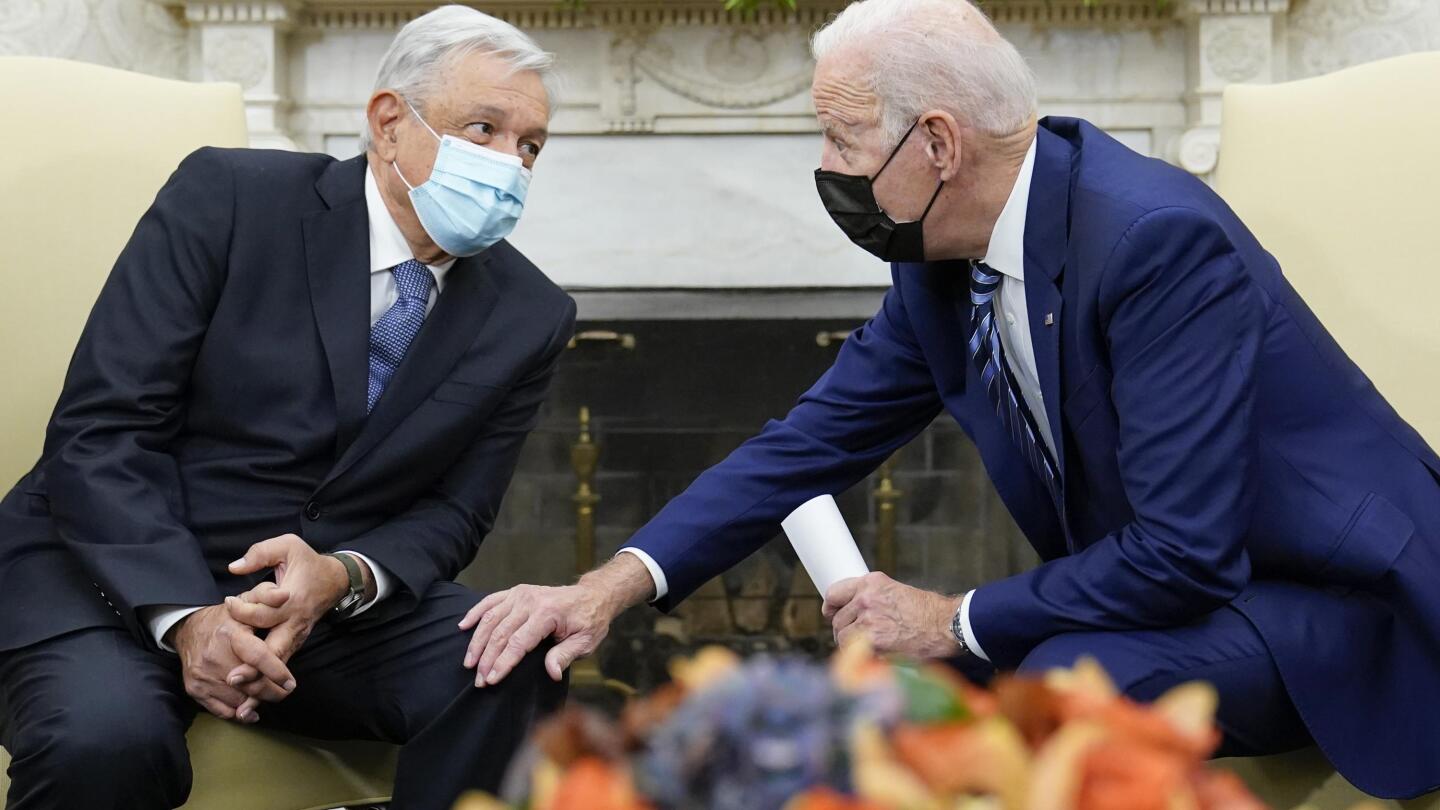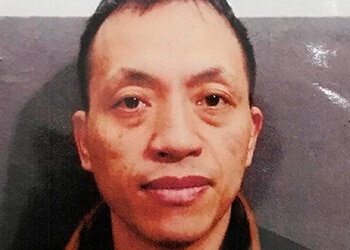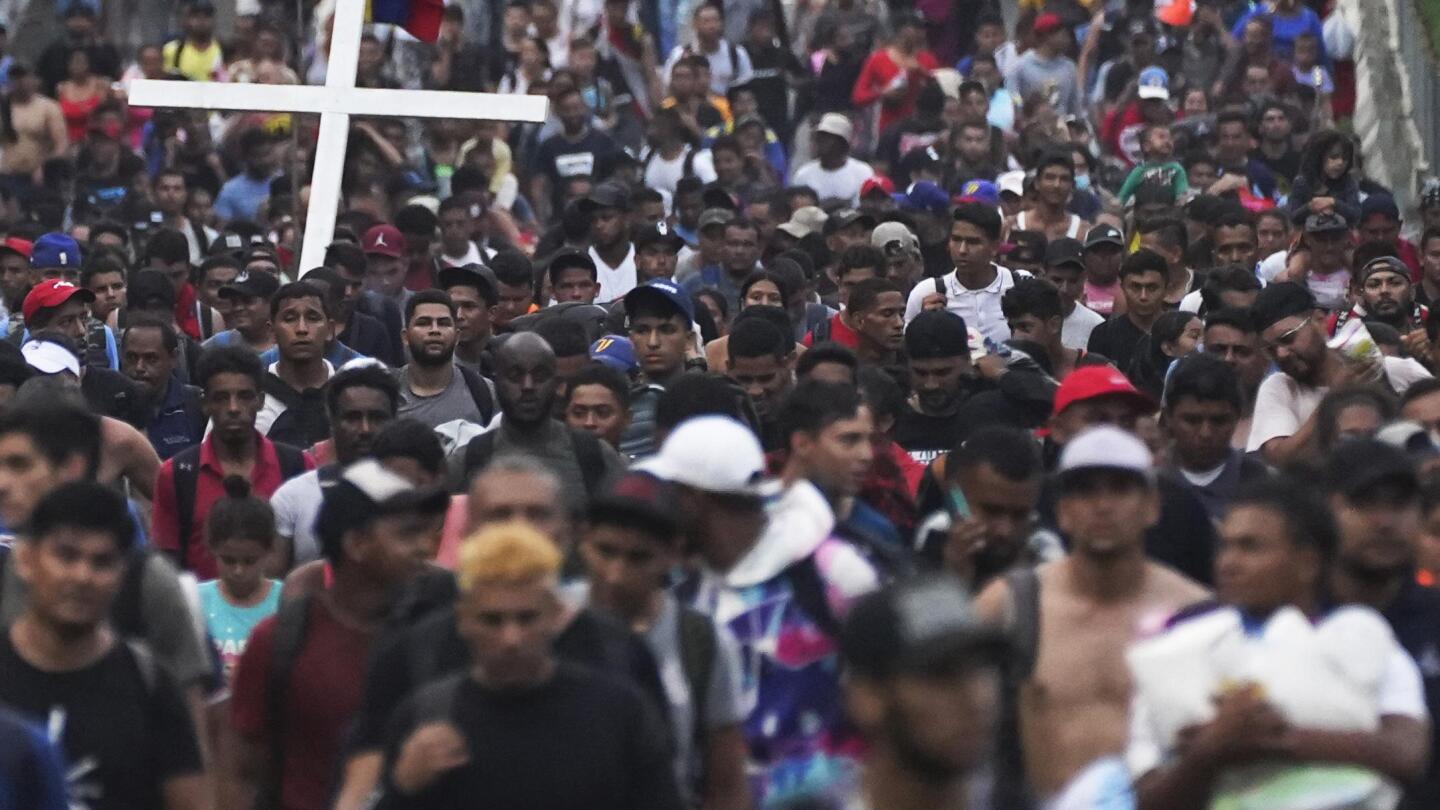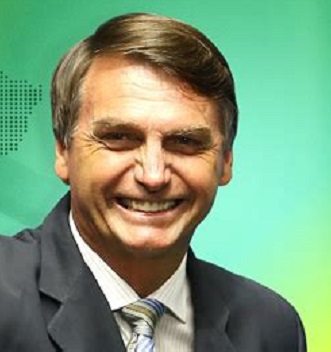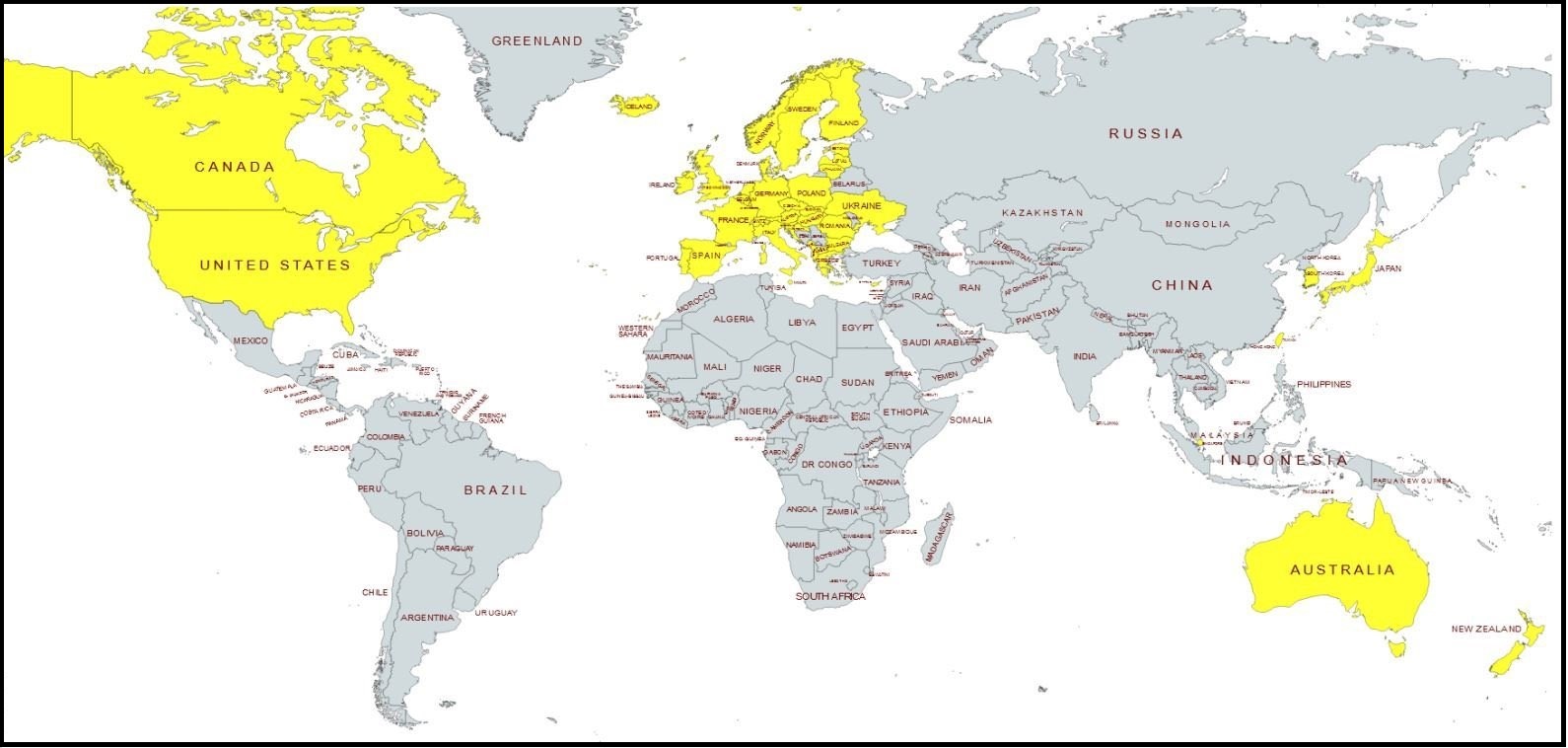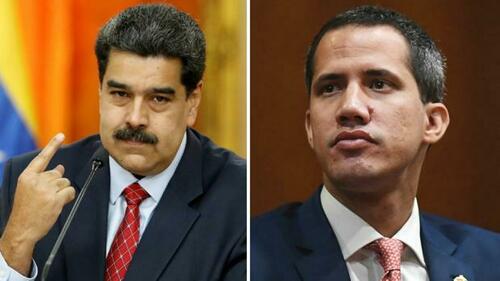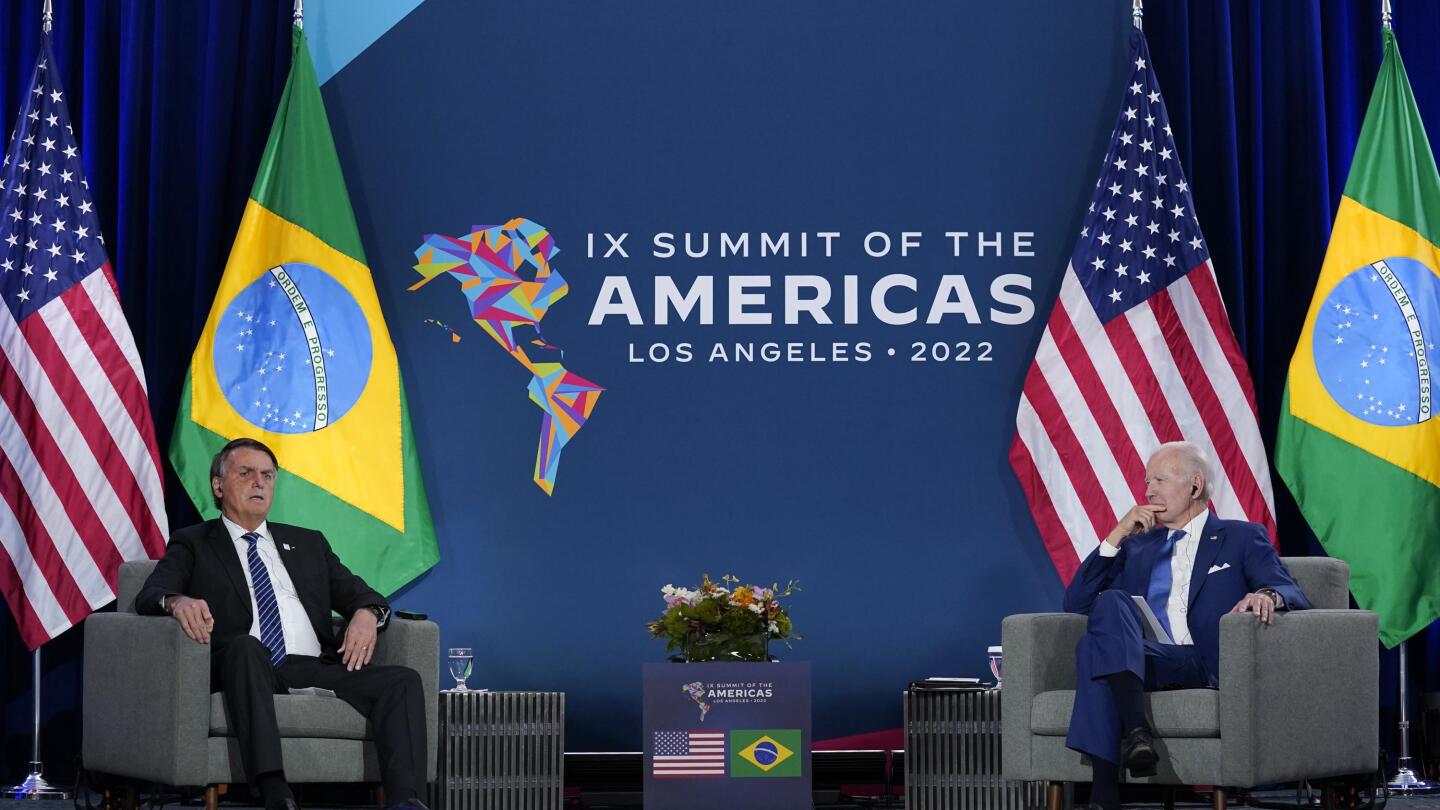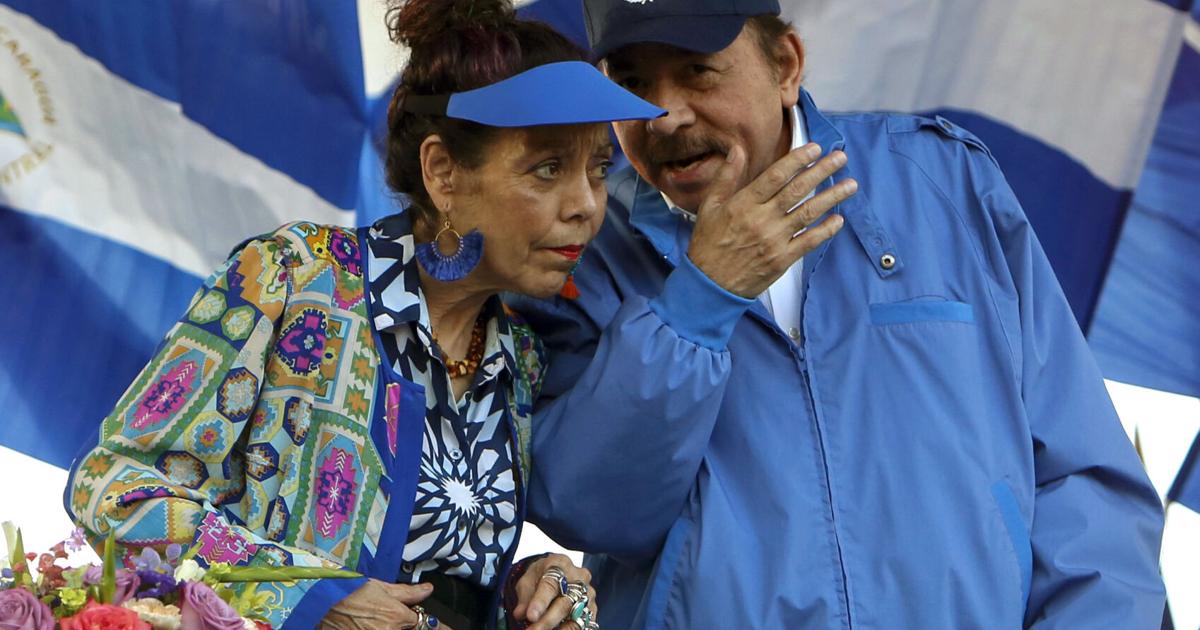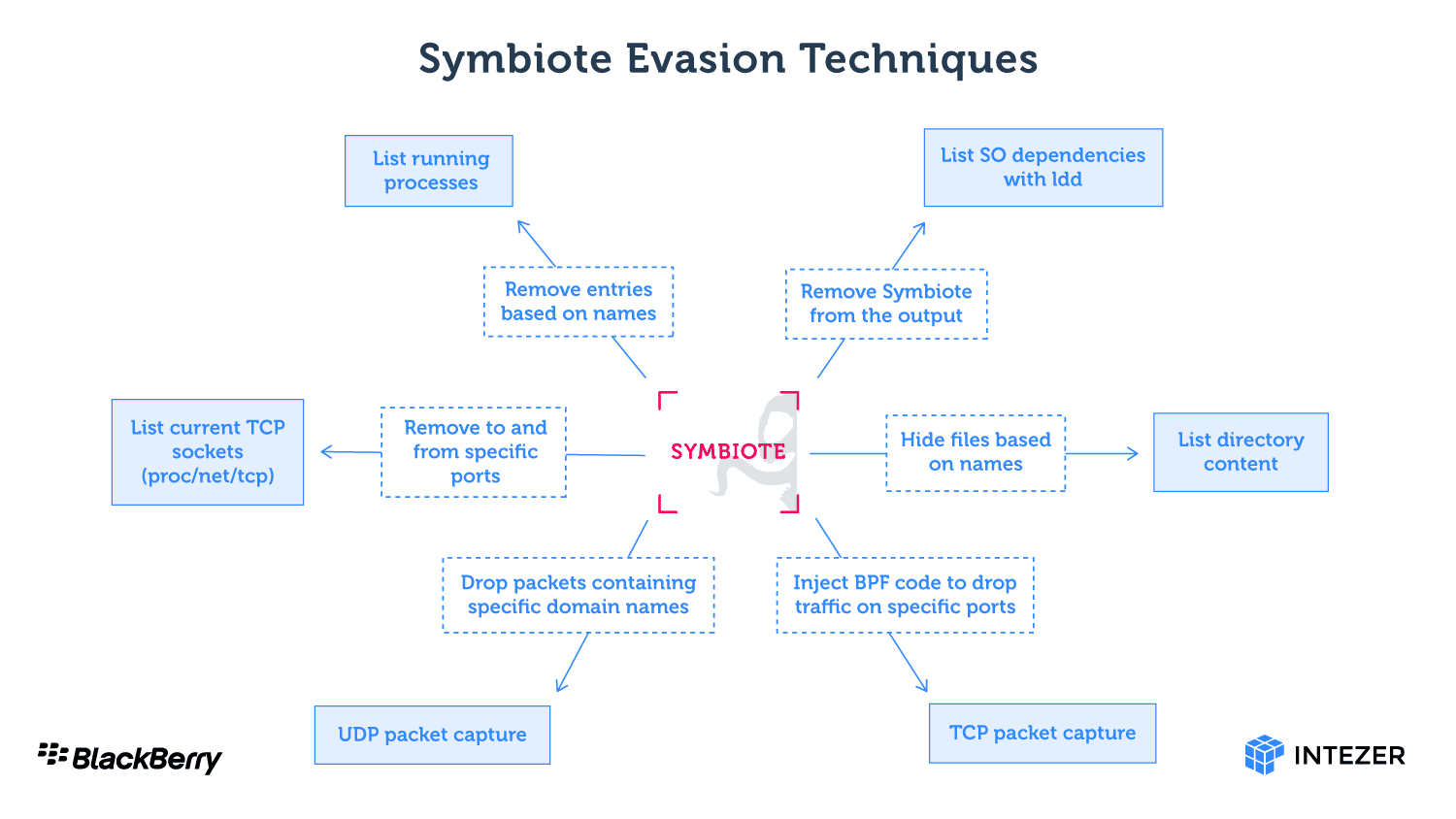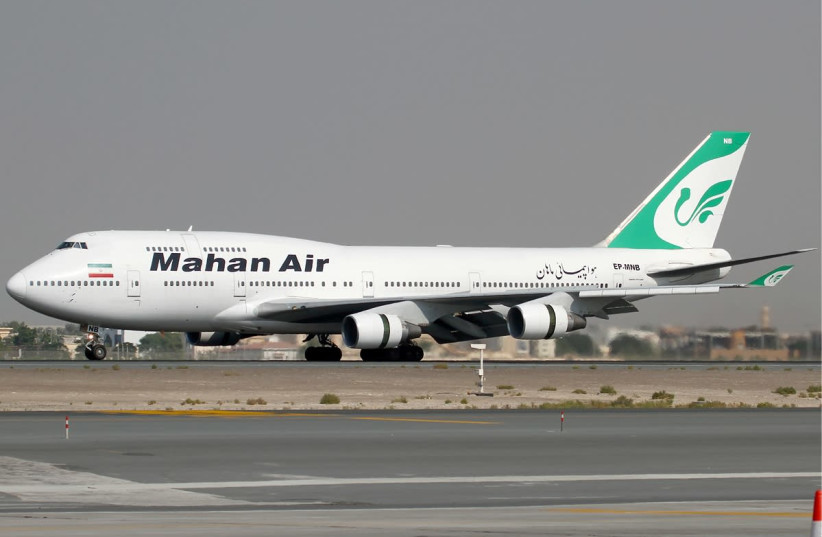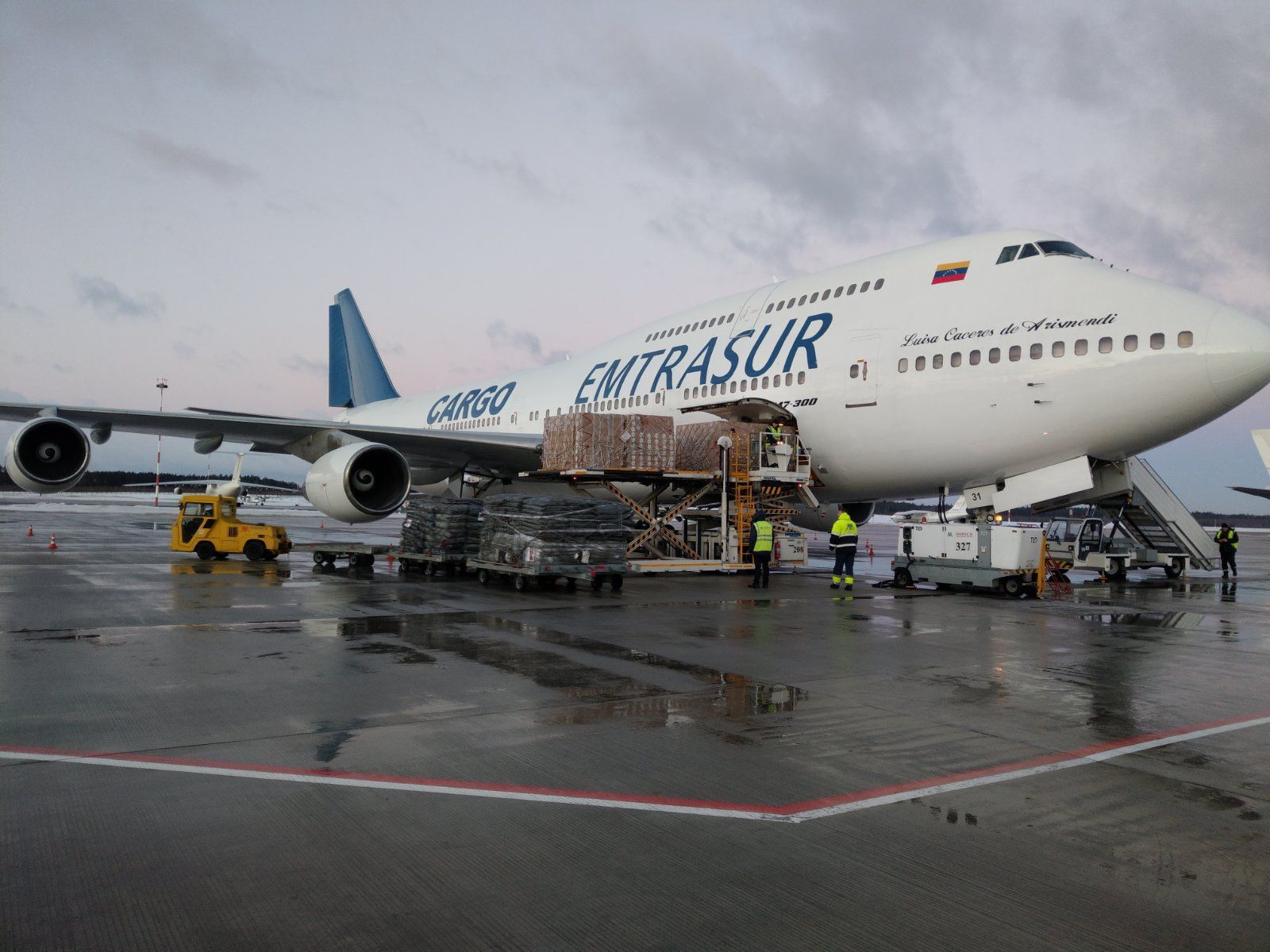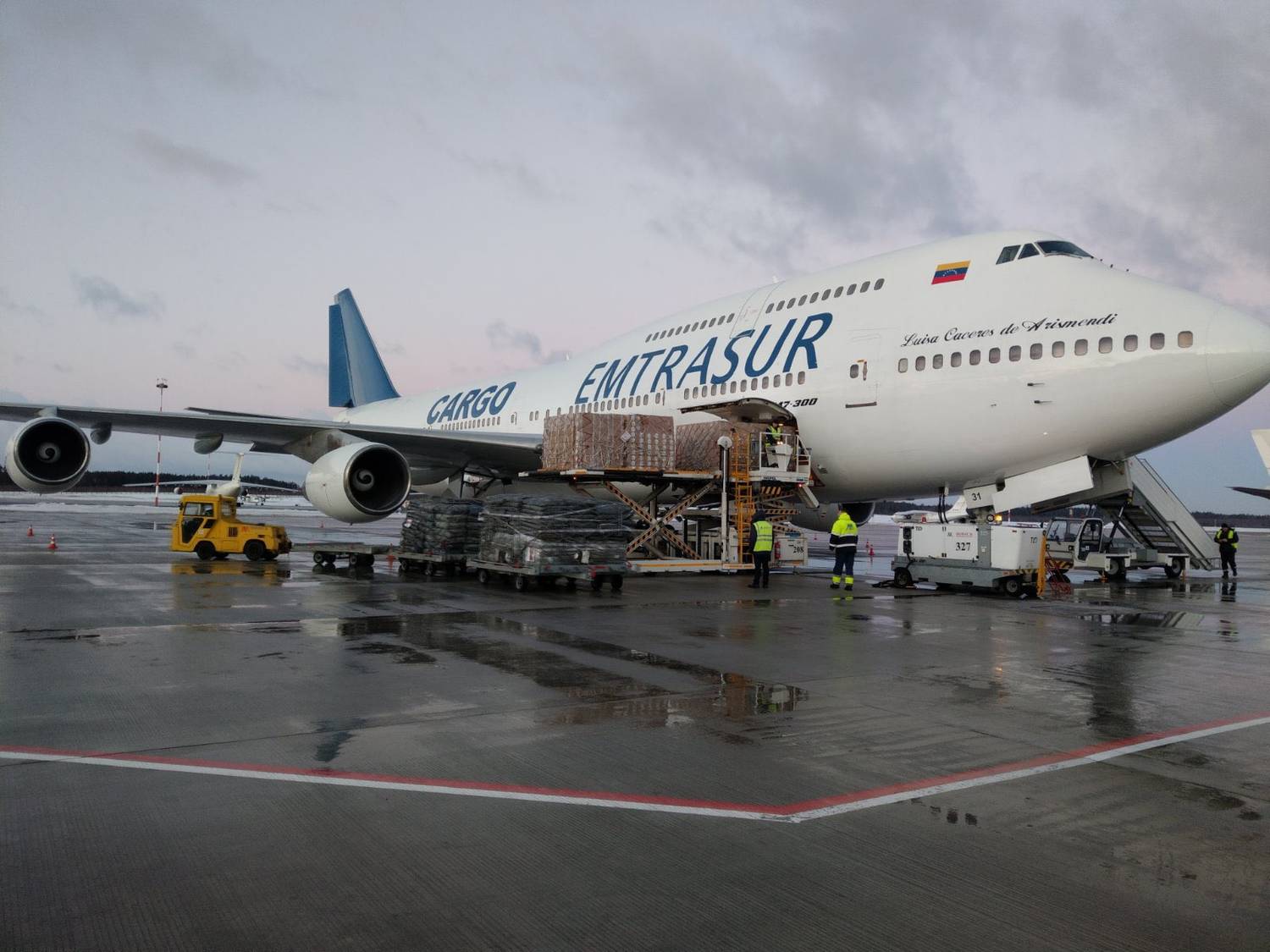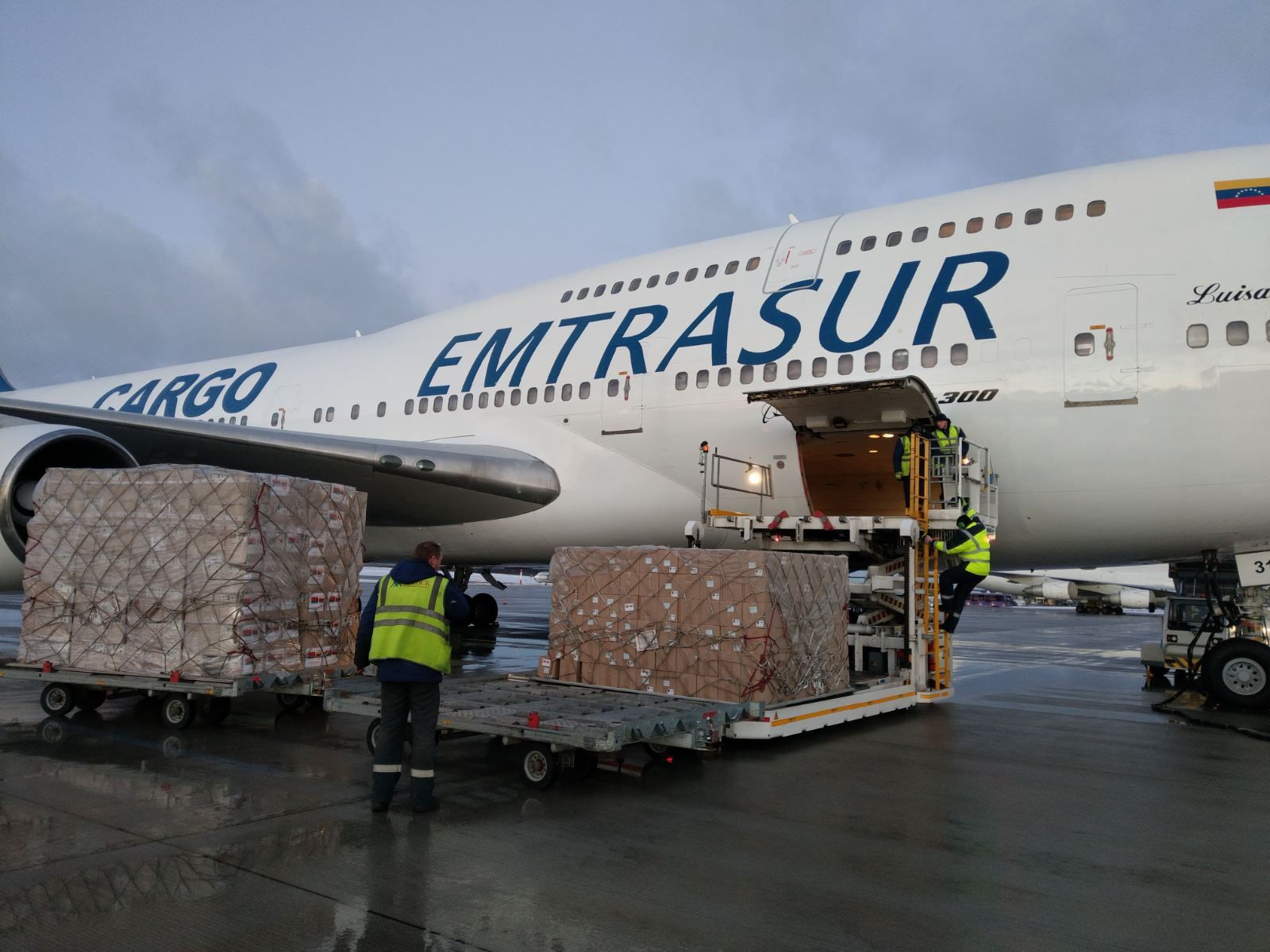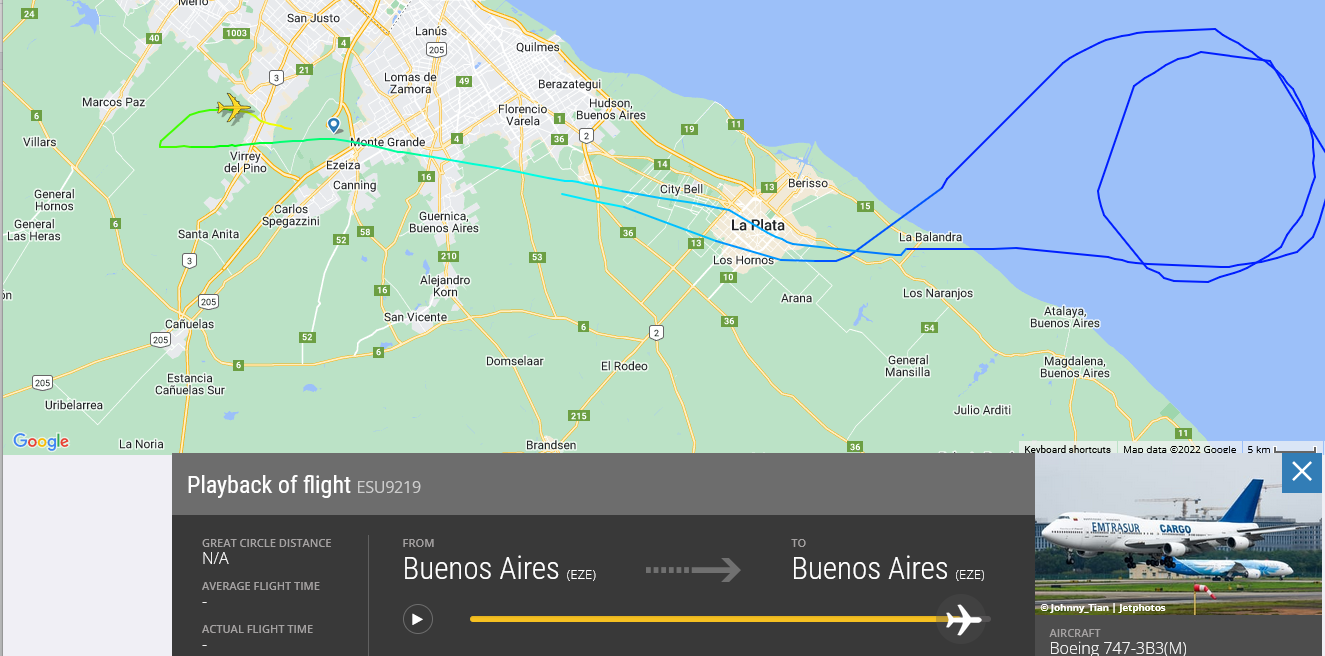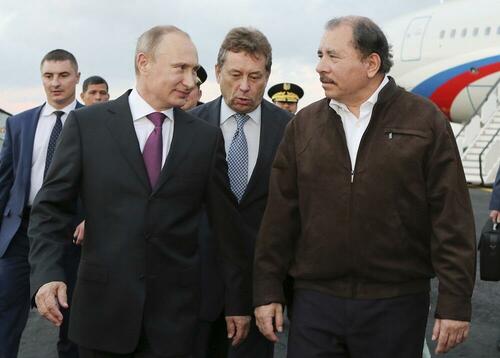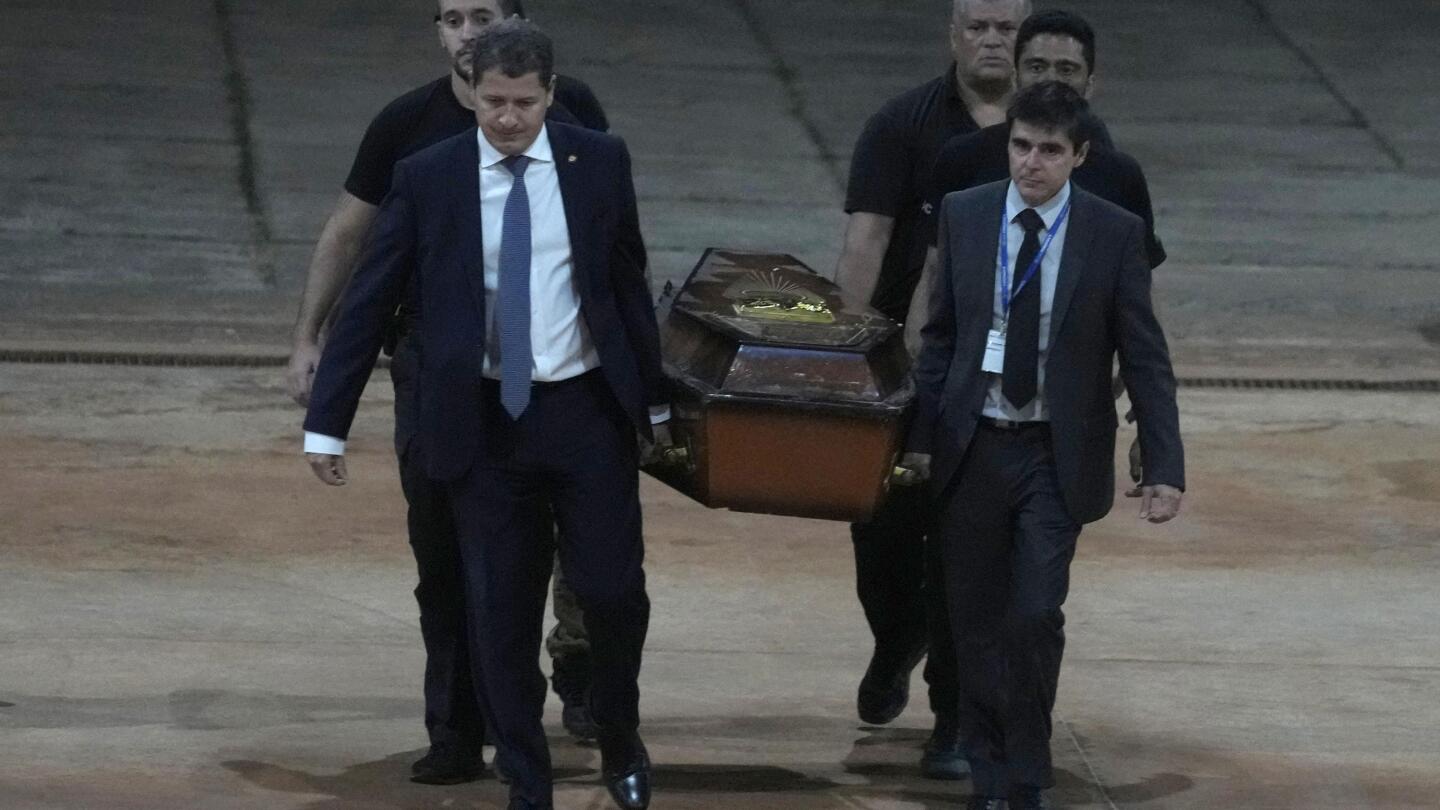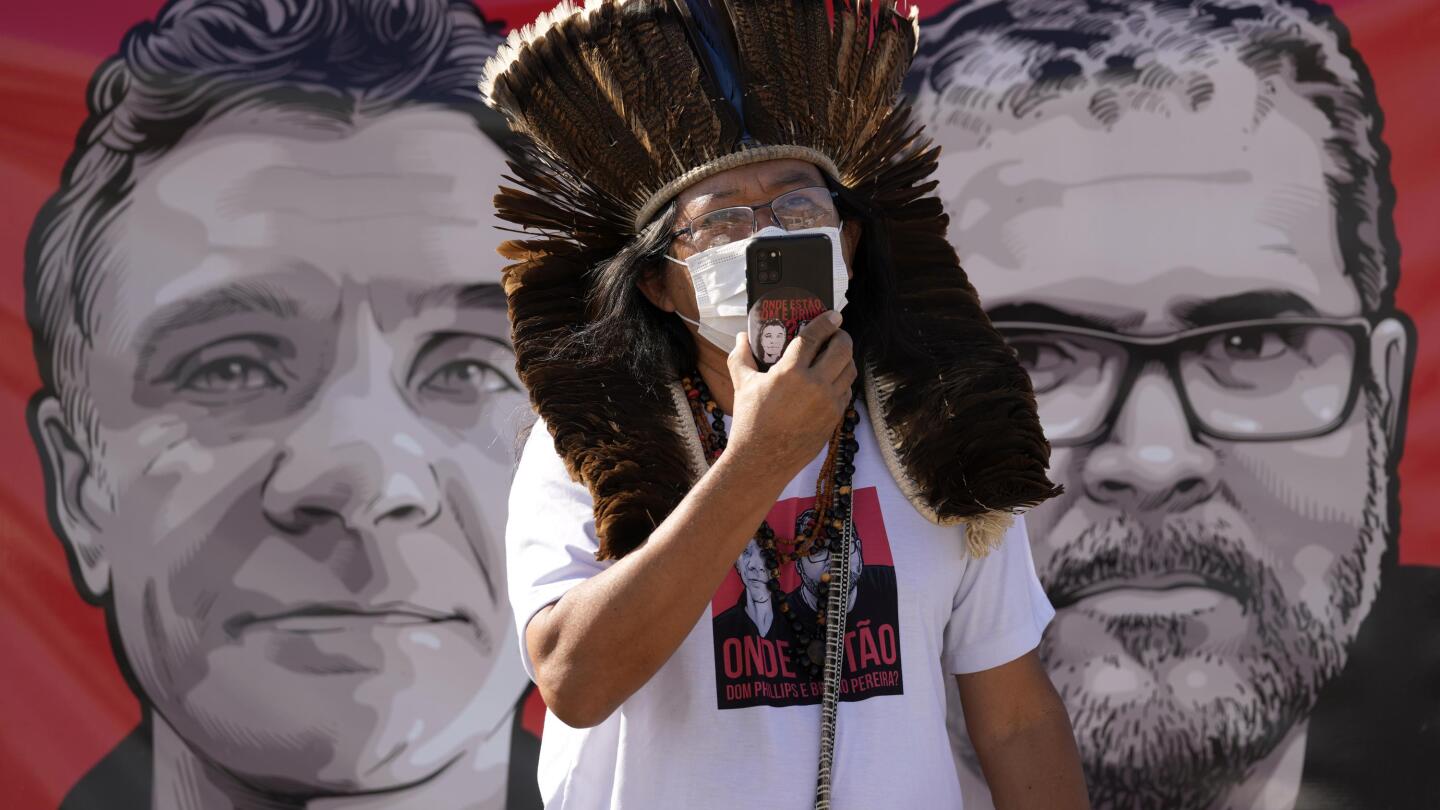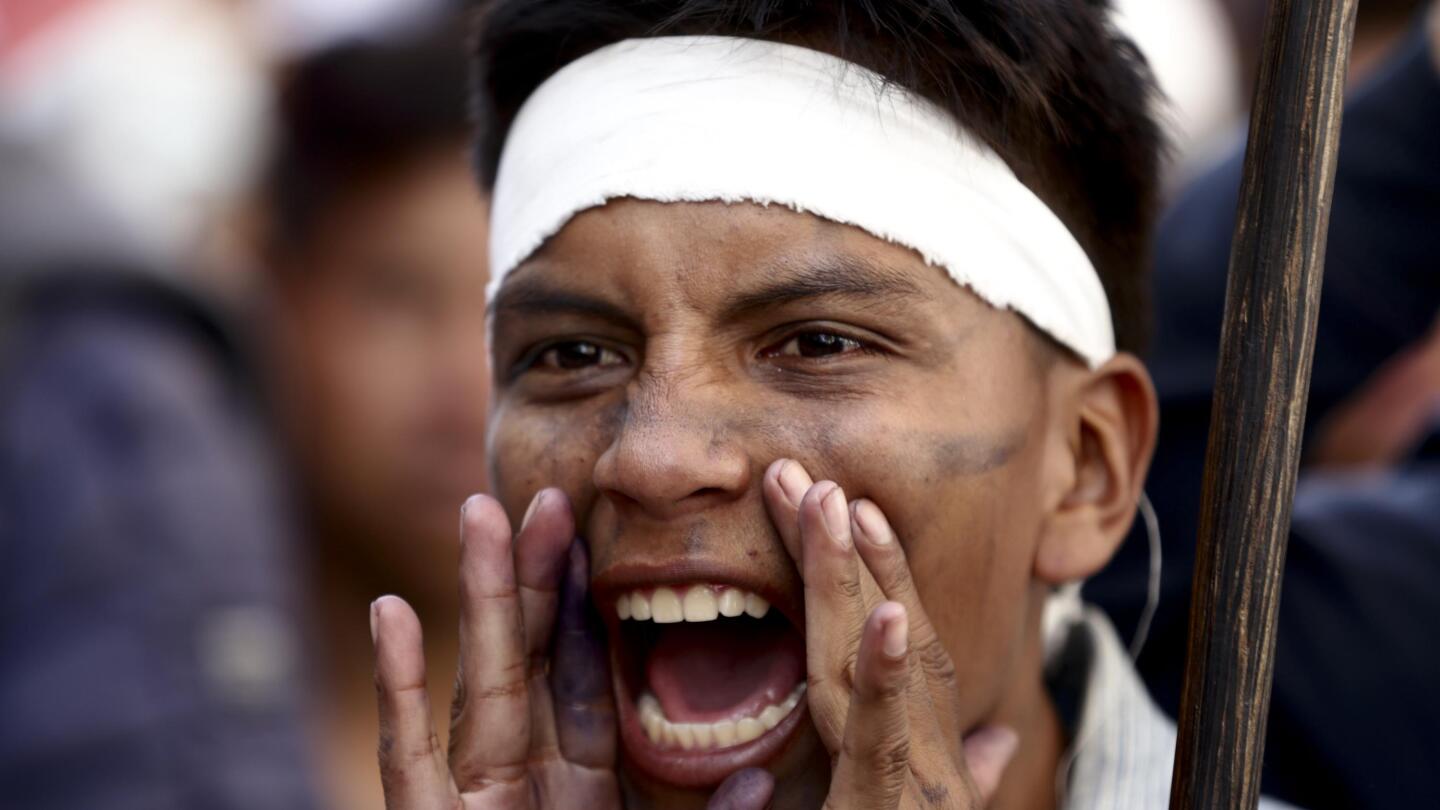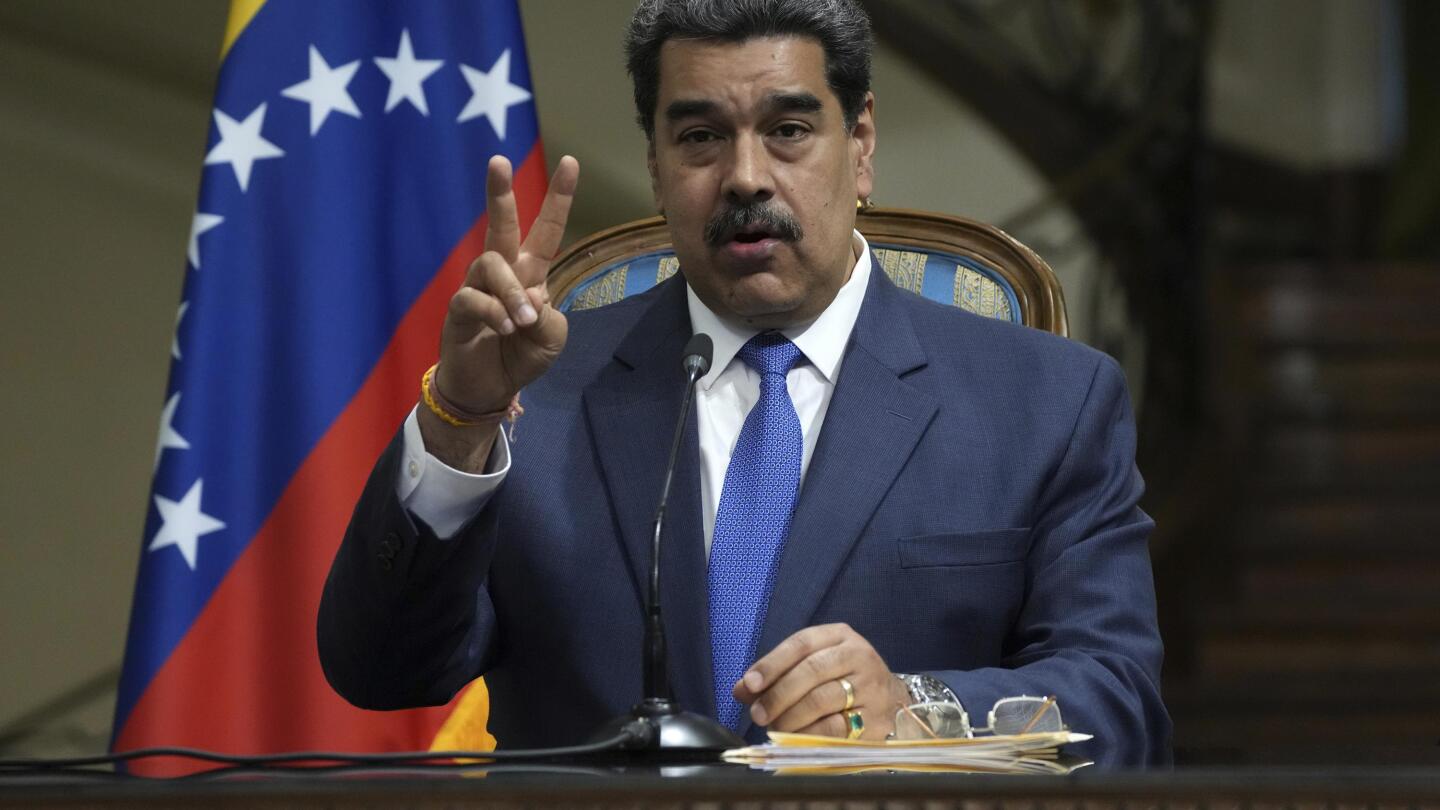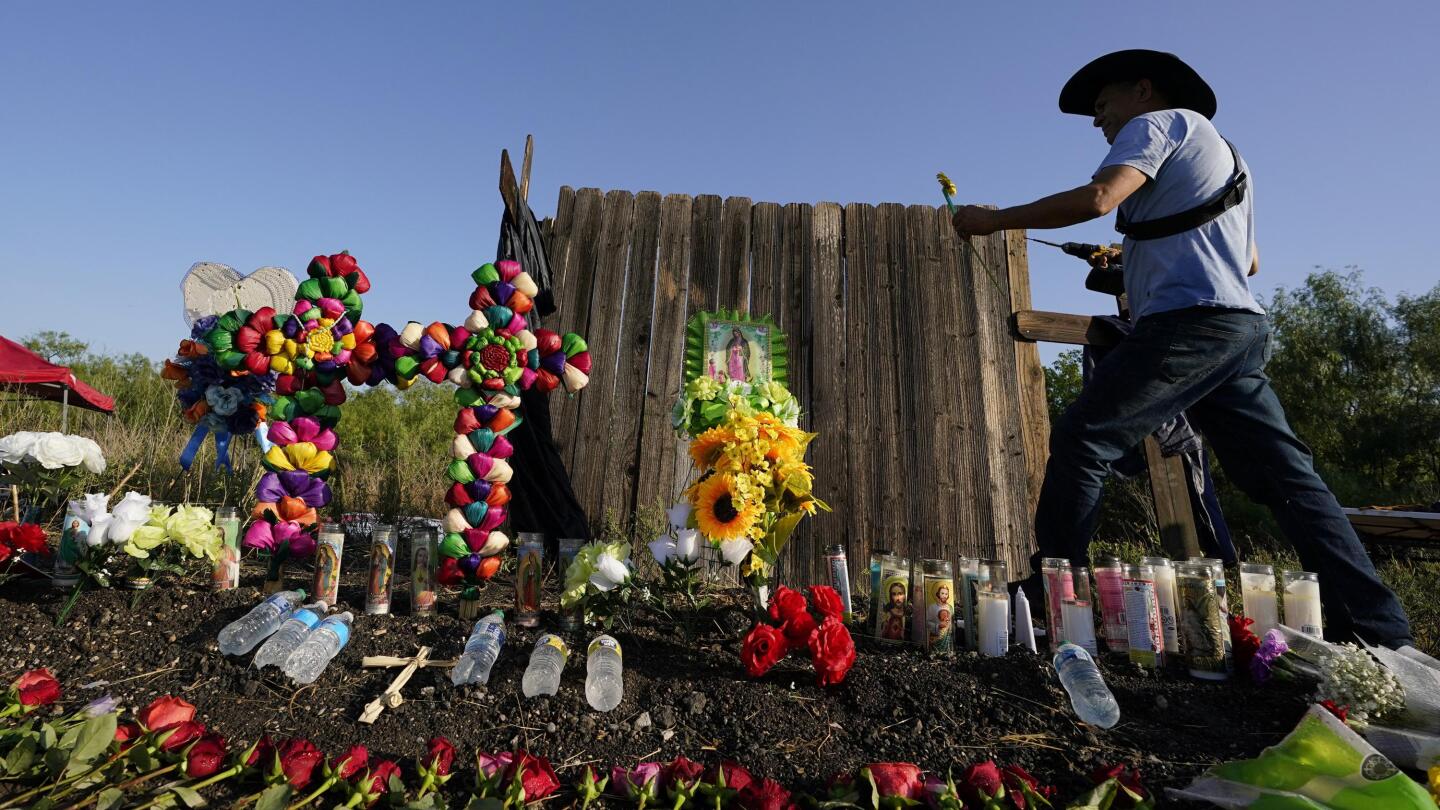Plain Jane
Just Plain Jane
May's thread:
 www.timebomb2000.com
Main Coronavirus thread beginning page 1571:
www.timebomb2000.com
Main Coronavirus thread beginning page 1571:
 www.timebomb2000.com
www.timebomb2000.com

 apnews.com
apnews.com
Nicaraguan government abolishes 83 more NGOs, civic groups
Nicaraguan government abolishes 83 more NGOs, civic groups
today
MEXICO CITY (AP) — The government of Nicaraguan President Daniel Ortega on Tuesday ordered the closure of 83 more civic groups and non-governmental organizations.
The move brought to 200 the number of such closures this year, and a total of 320 since protests against the Ortega regime erupted in 2018.
The institutions closed include the Nicaraguan Academy of Letters, which was founded in 1928 and had included opposition writers like Gioconda Belli and Sergio Ramírez.
The country’s congress, dominated by Ortega’s Sandinista party, voted 75-0, with 16 abstentions, to close the groups. A law passed in 2020 requires such groups to register as “agents of a foreign government.”
Ortega’s government has moved against a number of non-governmental organizations that it views as opposition. The president has claimed that groups receiving funding from abroad were part of a broader conspiracy to remove him from office in 2018.
Since Ortega’s re-election to a fourth consecutive term Nov. 7, judges have sentenced opposition leaders, including former high-level Sandinistas and former presidential contenders, to prison terms for “conspiracy to undermine national integrity.”
Thousands have fled into exile since Nicaraguan security forces violently put down the antigovernment protests in 2018. Ortega says the protests were actually an attempted coup with foreign backing, aiming for his overthrow and encouraging foreign nations to apply sanctions on members of his family and government.
INTL - Latin America and the Islands: Politics, Economics, Military- May 2022
April’s thread: https://www.timebomb2000.com/xf/index.php?threads/latin-america-and-the-islands-politics-economics-military-april-2022.617564/#post-9122463 Main Coronavirus thread beginning page 1554: https://www.timebomb2000.com/xf/index.php?threads/main-coronavirus-thread.566780/page-1554
CORONA - Main Coronavirus thread
[CONTINUED FROM POST ABOVE] September 2021 - Scotland launched it’s first investigation into an abnormal spike in newborn baby deaths that was triggered by surpassing a threshold in infant deaths that hadn’t been seen since the 1980’s. (Note- this spike did not occur in 2020, the Year of Covid)...

Nicaraguan government abolishes 83 more NGOs, civic groups
MEXICO CITY (AP) — The government of Nicaraguan President Daniel Ortega on Tuesday ordered the closure of 83 more civic groups and non-governmental organizations.
Nicaraguan government abolishes 83 more NGOs, civic groups
Nicaraguan government abolishes 83 more NGOs, civic groups
today
MEXICO CITY (AP) — The government of Nicaraguan President Daniel Ortega on Tuesday ordered the closure of 83 more civic groups and non-governmental organizations.
The move brought to 200 the number of such closures this year, and a total of 320 since protests against the Ortega regime erupted in 2018.
The institutions closed include the Nicaraguan Academy of Letters, which was founded in 1928 and had included opposition writers like Gioconda Belli and Sergio Ramírez.
The country’s congress, dominated by Ortega’s Sandinista party, voted 75-0, with 16 abstentions, to close the groups. A law passed in 2020 requires such groups to register as “agents of a foreign government.”
Ortega’s government has moved against a number of non-governmental organizations that it views as opposition. The president has claimed that groups receiving funding from abroad were part of a broader conspiracy to remove him from office in 2018.
Since Ortega’s re-election to a fourth consecutive term Nov. 7, judges have sentenced opposition leaders, including former high-level Sandinistas and former presidential contenders, to prison terms for “conspiracy to undermine national integrity.”
Thousands have fled into exile since Nicaraguan security forces violently put down the antigovernment protests in 2018. Ortega says the protests were actually an attempted coup with foreign backing, aiming for his overthrow and encouraging foreign nations to apply sanctions on members of his family and government.
Last edited:

